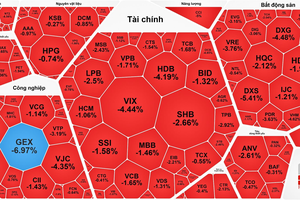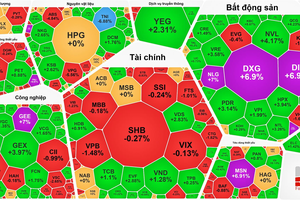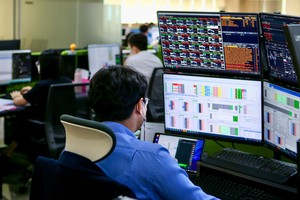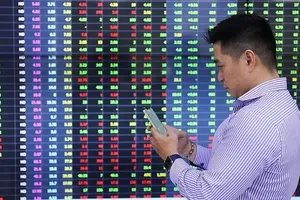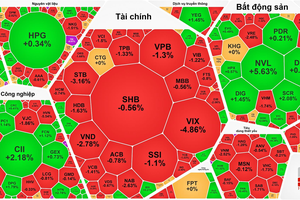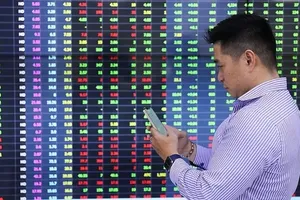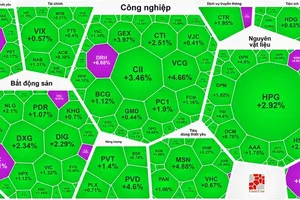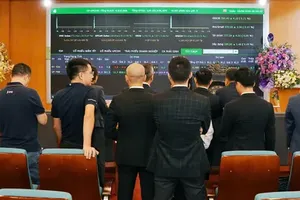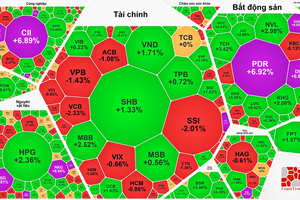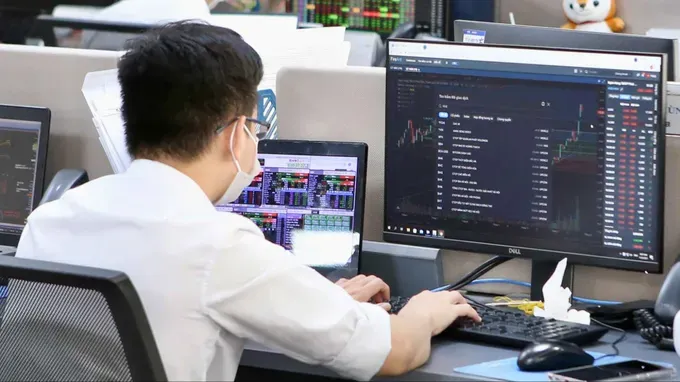
Under the draft amendment to the Personal Income Tax (PIT) Law, the Ministry of Finance suggests that resident individuals’ income from securities transfers be taxed at a 20 percent rate on their net profit. This taxable income would be calculated annually by taking the sale price and subtracting the initial purchase price and other reasonable related expenses.
For cases where the cost basis cannot be determined, the draft provides a fallback method with a tax of 0.1 percent on the total sale value for each transaction. For non-resident individuals, the proposal maintains a flat tax of 0.1 percent on the sale value.
This marks a potential return to a more complex system. The Ministry noted that a similar dual-method system existed under the 2007 PIT Law. Specifically, either at a tax rate of 20 percent on the annual income (selling price minus purchase one and related costs); or if the cost basis and related expenses cannot be determined and there are supporting documents, then pay a tax of 0.1 percent on the selling price each time and not have to finalize the tax at the end of the tax year.
In cases where an individual applied the 20-percent tax rate method with an annual tax period, for each transfer, the individual would temporarily pay 0.1 percent PIT on the selling price of the securities each time, and at the end of the year, the amount temporarily paid during the year would be deducted upon finalization.
At the end of the year, if an individual transferring securities requested to finalize the tax at a 20 percent rate on income and had sufficient documents to prove the cost basis and related costs, they would file the tax finalization directly with the tax authority.
However, since January 1, 2015, policy has been streamlined to a single method, which imposes a flat 0.1 percent tax on the entire transfer value for each transaction, a system favored for its simplicity.
Many experts argue that a 20-percent tax on profits is excessively high and could negatively impact investor psychology, making the market less attractive. Chairman Phan Le Thanh Long of AFA Group points out that since determining the purchase price and transaction costs for listed securities isn’t difficult, the 20 percent profit-based tax would effectively become mandatory.
He illustrated the potential impact with a stark example. For a retail investor selling a portfolio for VND2 billion (approx. US$78,400) with a 7 percent profit, the tax under the 20 percent rule would be VND28 million ($1,100). This is a dramatic increase from the VND2 million ($78) they would pay under the current 0.1 percent flat tax.
The disparity becomes even more pronounced for investment funds. “Consider a fund that invests VND100 billion ($3.9 million) in a pre-Initial Public Offering (IPO) company that later lists and grows to a value of VND5 trillion ($196 million)”, Chairman Long explained. “Under the current 0.1-percent tax, the bill is VND5 billion ($196,000). But at 20 percent on the profit, the tax would skyrocket to VND980 billion ($38.4 million).”
“A 20-percent tax on profit is too high and unsuitable for a market where over 99 percent of investors are individuals”, he concluded. “It will negatively affect sentiment and reduce the market’s appeal, especially for venture capital and pre-IPO funds, at a time when Vietnam is aiming for a market upgrade.”
Director Nguyen The Minh of Retail Client Analysis at Yuanta Vietnam Securities acknowledges that taxing capital gains aligns with international norms. However, he believes the 20-percent rate is too steep for Vietnam’s current market conditions.
“A better approach would be to adjust the tax rate based on the holding period of the shares, similar to the draft proposal for real estate, to encourage long-term, stable investment”, he suggested. Echoing these concerns, Chairman Nguyen Son of Vietnam Securities Depository and Clearing Corporation stressed that tax policy must support and facilitate both individual and institutional investors to avoid harming capital flows.
The Vietnam Association of Financial Investors (VAFI) has put forward a concrete alternative. It proposes taxing only the net profit, which would remedy the current system’s flaw. The advantage of this calculation method is that the cost basis is deducted, overcoming the inadequacy where about 70 percent of investors who suffer losses still have to pay tax.
More importantly, to promote the market and attract both investors and businesses, VAFI proposes a reasonable tax rate of 3 percent, calculated on the difference between the selling price and the average purchase price. As for foreign individual and institutional investors who do not establish a legal entity in Vietnam, VAFI recommends applying a tax mechanism similar to that for domestic individual investors.

